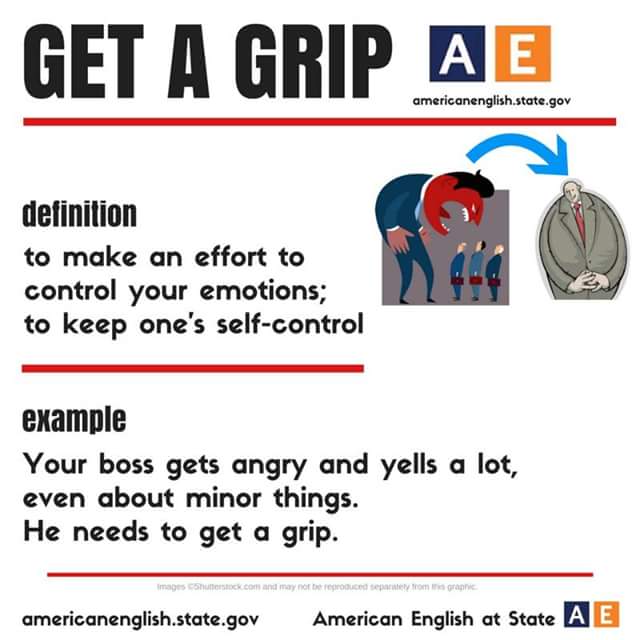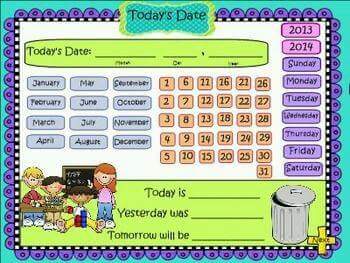Double-click on a word to get more information about it
Hello, everybody.
In this video, I'm going to share with you a technique that you can use to remember English vocabulary. And the reason that I recommend this technique is that it's pretty effective.
I actually did a small experiment. I created two lists of words that I didn't know and I just tried to memorize the words in each list. I did not use any technique to memorize the first list. It was just pure repetition.
But for the second list, I used the technique that you're about to learn. The next day I tried to recall the meanings of the words in both lists.
For the first list, I was able to recall only 12 %. But for the second list, I recalled as much as 50 %. This is pretty impressive considering the fact that I spent only one minute memorizing each word. So let me explain the technique and then at the end of this video, I will give you a link to an exercise that you can do to practice this technique.
So let’s say we want to remember the word "adroit", which means "clever or skillful at something; really good at something".
The first thing we need to do is to come up with another word that sounds similar to this word. And that word must refer to something that we can visualize - something that we can see in our mind.
So for this word, the substitute word could be the word 'android' which means "a robot." Right? Adroit and android sound pretty close to each other.
We could also use the phrase "a drawing". That sounds similar as well. Adroit. A drawing.
What these words have in common is that they refer to something that we can visualize and this is a very important point and you're going find out why soon.
So we have two options here but let's use the word 'android' as the substitute word. Now visualize an android. You know... a robot that looks like a human.
Next, we have to associate this image to the meaning of the word that we want to remember. And again the meaning is "skillful at something. That's the meaning.
So perhaps we can imagine the android doing something that requires a lot of skill. Maybe we can imagine the android playing the guitar on stage. Maybe there's a competition going on and we can imagine other guitarists come up on stage and try to compete with the android. But everybody loses because the android is very good at playing the guitar. The android is adroit at playing the guitar.
So what we're doing here is associate the pronunciation with the meaning through an image or a story. We're creating an association between them. So when you come across this word again, the pronunciation will remind you of the association and therefore the meaning of the word. Let's take a look at one more example.
Suppose we want to memorize the word "lambaste," which means "to criticize (someone or something) harshly".
For the first syllable 'lam,' we can use "lamb" - the animal, or "lamp" - the thing that generates light, as the substitute word.
For the second syllable "baste," we can use "bass" - the musical instrument. And I also happen to have a friend named "Bass". So personally, I can use his name as the substitute word as well.
But let's use "lamb" the animal and "bass" the musical instrument together.
So we can imagine a lamb playing the bass. But unfortunately, the lamb is really terrible at playing the bass. So the bass gets angry and starts criticizing the lamb. The bass is lambasting the lamb.
OK. That's it!
In this video, I'm going to share with you a technique that you can use to remember English vocabulary. And the reason that I recommend this technique is that it's pretty effective.
I actually did a small experiment. I created two lists of words that I didn't know and I just tried to memorize the words in each list. I did not use any technique to memorize the first list. It was just pure repetition.
But for the second list, I used the technique that you're about to learn. The next day I tried to recall the meanings of the words in both lists.
For the first list, I was able to recall only 12 %. But for the second list, I recalled as much as 50 %. This is pretty impressive considering the fact that I spent only one minute memorizing each word. So let me explain the technique and then at the end of this video, I will give you a link to an exercise that you can do to practice this technique.
So let’s say we want to remember the word "adroit", which means "clever or skillful at something; really good at something".
The first thing we need to do is to come up with another word that sounds similar to this word. And that word must refer to something that we can visualize - something that we can see in our mind.
So for this word, the substitute word could be the word 'android' which means "a robot." Right? Adroit and android sound pretty close to each other.
We could also use the phrase "a drawing". That sounds similar as well. Adroit. A drawing.
What these words have in common is that they refer to something that we can visualize and this is a very important point and you're going find out why soon.
So we have two options here but let's use the word 'android' as the substitute word. Now visualize an android. You know... a robot that looks like a human.
Next, we have to associate this image to the meaning of the word that we want to remember. And again the meaning is "skillful at something. That's the meaning.
So perhaps we can imagine the android doing something that requires a lot of skill. Maybe we can imagine the android playing the guitar on stage. Maybe there's a competition going on and we can imagine other guitarists come up on stage and try to compete with the android. But everybody loses because the android is very good at playing the guitar. The android is adroit at playing the guitar.
So what we're doing here is associate the pronunciation with the meaning through an image or a story. We're creating an association between them. So when you come across this word again, the pronunciation will remind you of the association and therefore the meaning of the word. Let's take a look at one more example.
Suppose we want to memorize the word "lambaste," which means "to criticize (someone or something) harshly".
For the first syllable 'lam,' we can use "lamb" - the animal, or "lamp" - the thing that generates light, as the substitute word.
For the second syllable "baste," we can use "bass" - the musical instrument. And I also happen to have a friend named "Bass". So personally, I can use his name as the substitute word as well.
But let's use "lamb" the animal and "bass" the musical instrument together.
So we can imagine a lamb playing the bass. But unfortunately, the lamb is really terrible at playing the bass. So the bass gets angry and starts criticizing the lamb. The bass is lambasting the lamb.
OK. That's it!










































